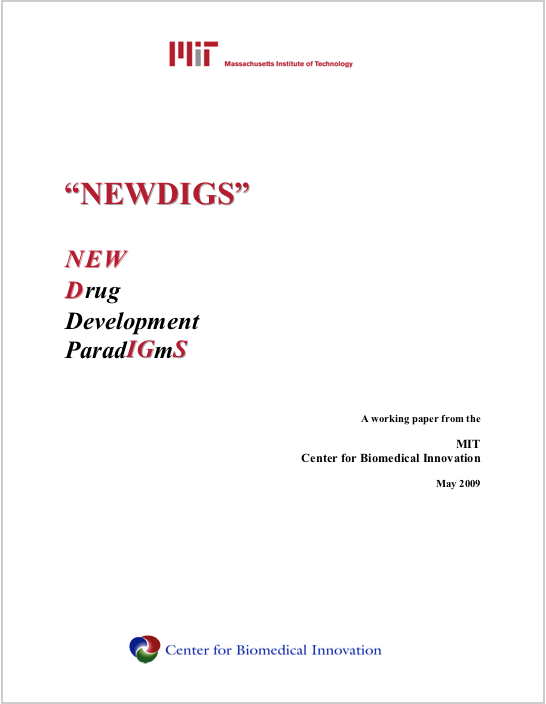Healthcare reforms currently unfolding in the United States are driving the marketplace toward a more value-based system designed to optimize health outcomes per dollar expended. Such a system has major implications for the pharmaceutical industry.
Companies will face increased pressure to cut development costs as consumers and payers look to rein in the overall costs within the health care system. They will also need to work toward developing novel therapies with clear effectiveness, shifting away from new versions of drugs already on the market.
Increasingly, drug companies will be required to show not only the benefits and the full risk profile of their products, but also their relative effectiveness when compared to other treatment options. This will require more and different data collection and better analysis of drug candidates throughout the development process, well into the post market phase. There will be more emphasis on analytics at all stages of development, with modeling and simulation assuming an increasingly major role in reducing the risk of failure and delays in new product approvals.
The traditional structure of the drug approval process is likely to change significantly with more emphasis on small, micro trials in earlier stages and an emphasis on what is now termed post-market surveillance.
In short, pharmaceutical product innovation for the future healthcare system will require a new development paradigm – one that fully leverages existing data, as well as emerging technologies and processes as a means to optimizing value for all key stakeholders.
Share the research
